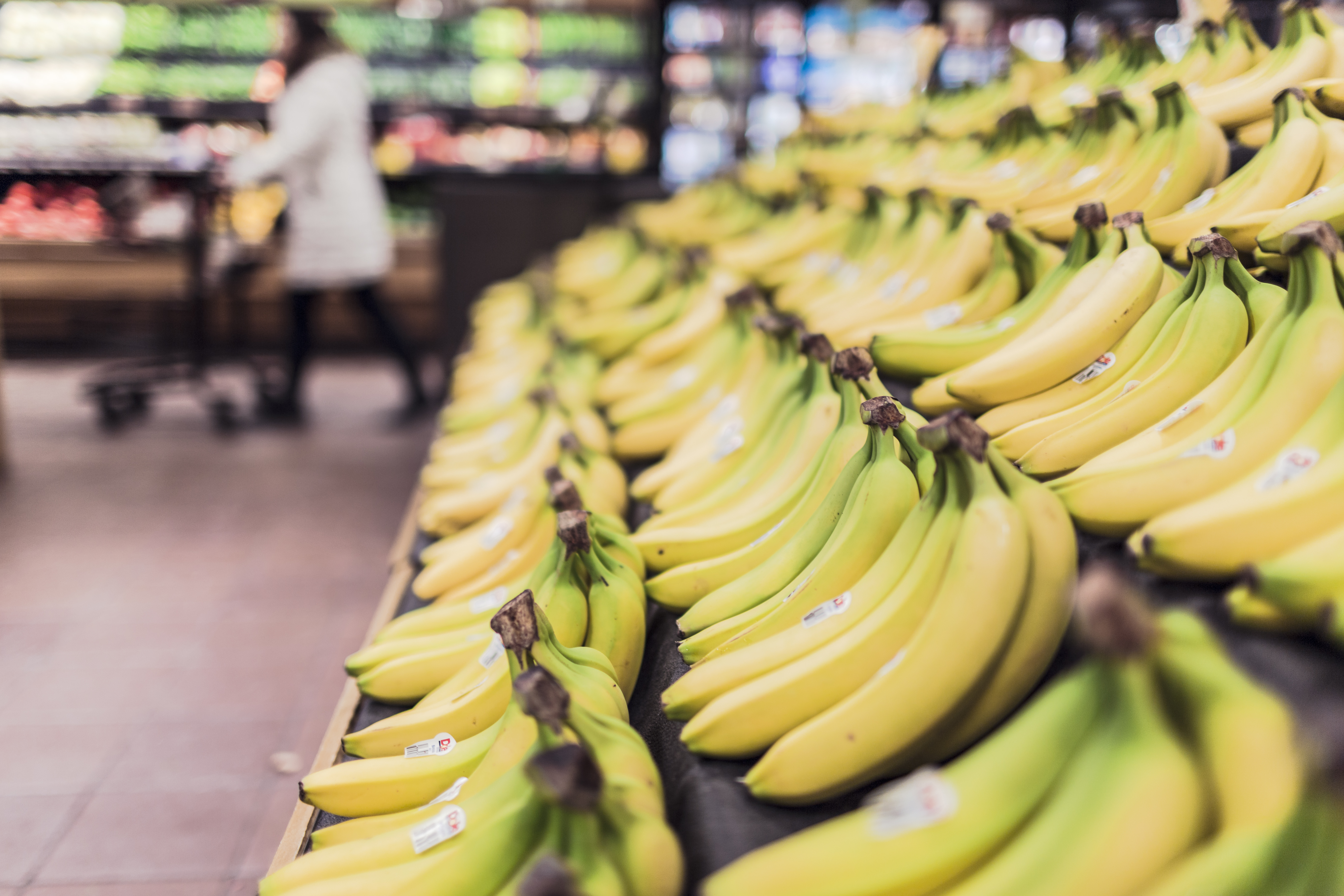
15 Feb How to Eat Well on a Budget
Many people know that when it comes to both eating healthy and having a tight budget, it can be a tricky balance to maintain. However, buying healthy foods does not have to be expensive depending on what you buy and if you do it correctly.
To help many struggling with this concern, here are some great tips to assist you with eating well on a budget.
1. Plan your meals ahead
Creating a meal plan and prepping recipes for that week is one of the most important factors that will help you eat well on a budget. Making your own healthy meal plan for the week is very simple.
Write down about 15 to 20 of your favorite foods and dishes on index cards with the recipe on the back. You can search for some inexpensive and delicious meals on the Internet since there are many healthy food bloggers out there. Keep these index cards in a recipe box and before it is time to grocery shop, pick out the recipes you want for that week.
A beneficial tip is to stick to 2 recipes a week that you really enjoy. Then cook them both on Sunday night, container the leftovers, and plan on eating these several times a week to restrict impulsive eating and purchasing.
2. Buy seasonal produce
Fresh produce is always great to purchase. But it is important to purchase it when it is in season because it is cheaper than imported, out of season food. When you find a great deal, you can always stock up on more of it and freeze some of it that you do not use for the week.
You can also cook double the produce you bought and freeze one half! Cooking in a bigger bulk will save you the food, money, and time. Plus, you will have some yummy leftover veggies waiting for you in your freezer.
3. Shop at a farmer’s market, a CSA, or a local farmer
Markets including farmers markets, a Community Supported Agriculture (CSA), and local farmers have a tendency to be much cheaper than grocery stores- especially when it comes to buying fresh produce. To find one in your area, ask around by checking with your local health stores or use websites like Local Harvest.
Buying your groceries locally is actually a fun and inexpensive task. It not only saves you the money, but it also gives you the chance to interact with and give back to your community, create a healthier environment for yourself, and receive real value!
4. Staying simple is best
When you are grocery shopping, be sure to buy simple foods that you will eat on a day-to-day basis. Focus on the foods that cost little but have a positive effect on your well-being. These foods include bananas, brown rice, hummus, oatmeal, beans and lentils, etc. Stock up on the pricier pantry staples only when you need to, such as almond butter, quinoa, tahini, etc.
Also, remember not to get distracted in health food stores. Shopping at places like Whole Foods can be exciting because you’re always discovering new foods you want to try. However, it is important to be strict with your choices and stick to that list. Do not buy every superfood you see, avoid purchasing canned drinks and processed juices, and try to decrease the amount of sweets and snacks. Cancelling out these unnecessary items will help you conserve that budget you planned on adhering to.
Ultimately, taking these ideas into consideration will definitely save you the money and the struggle. You will also feel amazing physically, mentally, and emotionally! By implementing just a few of these positive changes, you can successfully achieve that balance of eating well on a budget.





No Comments